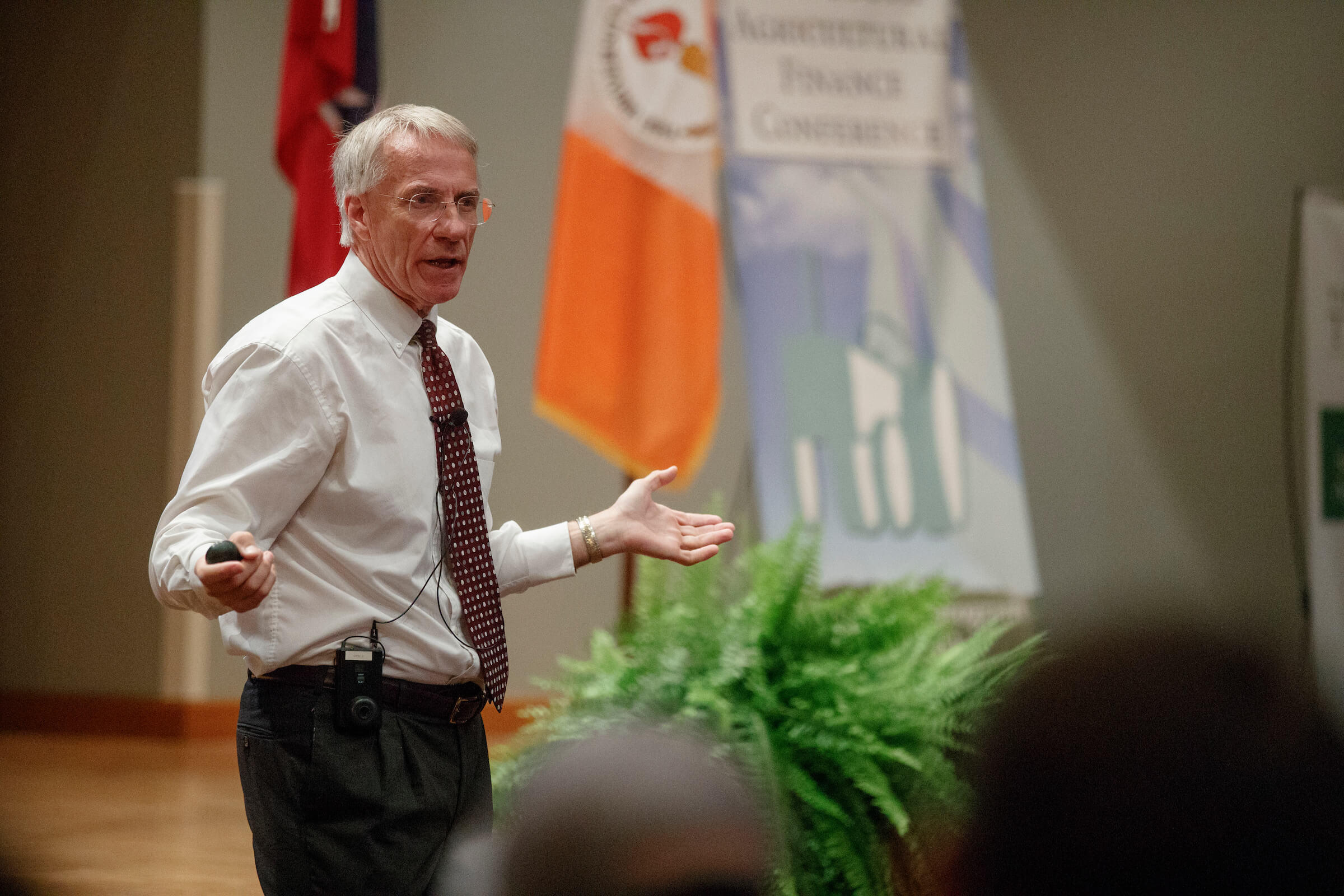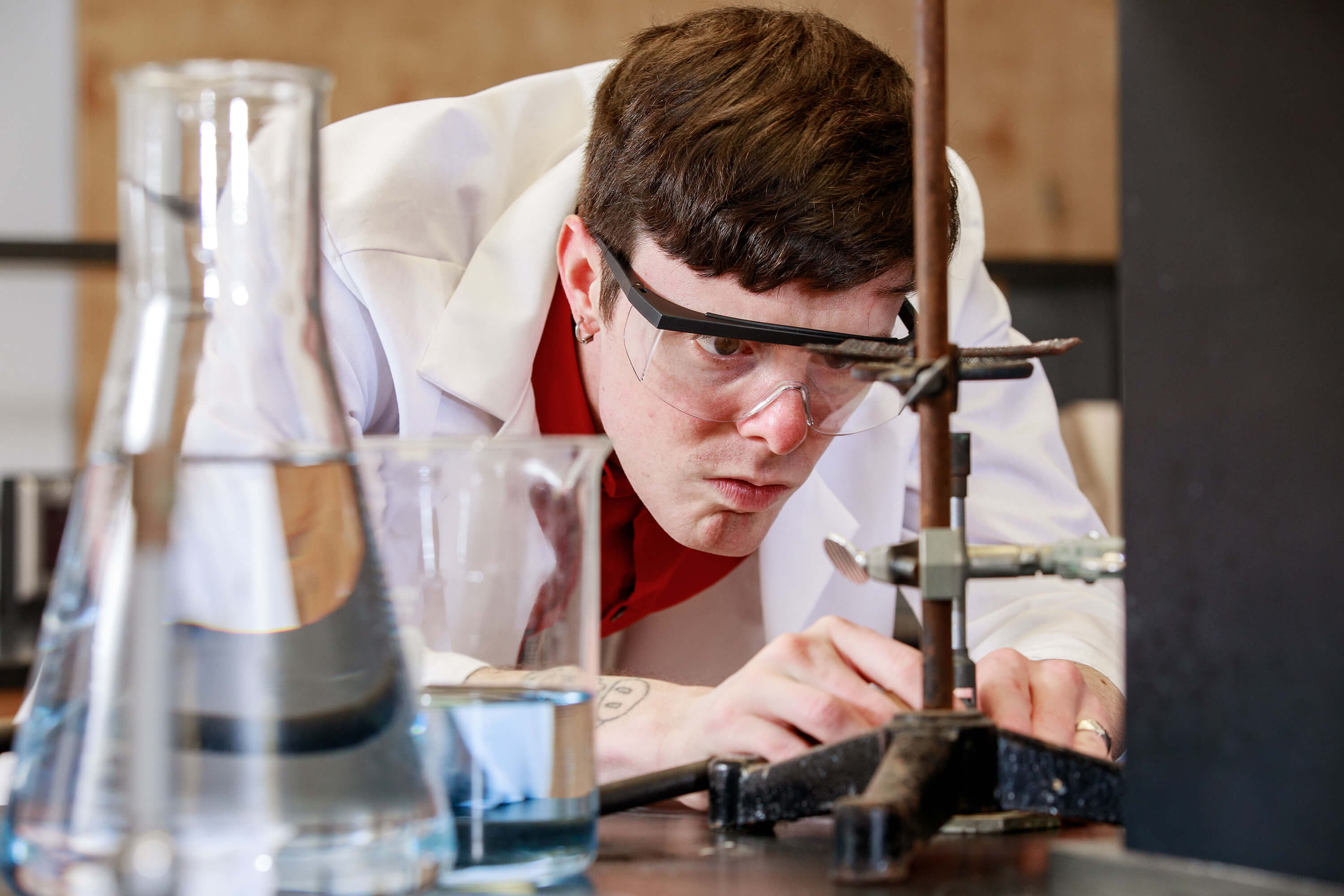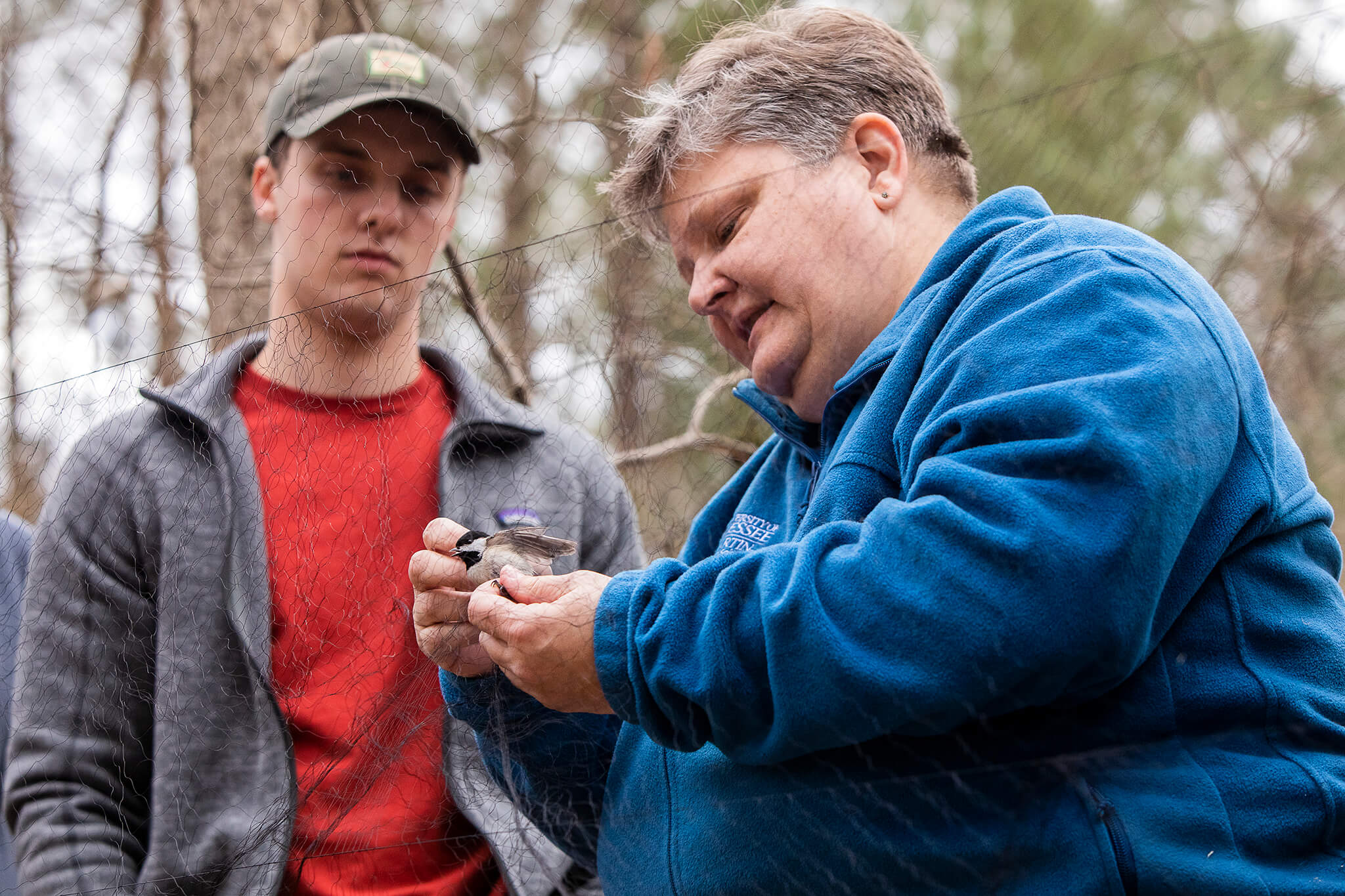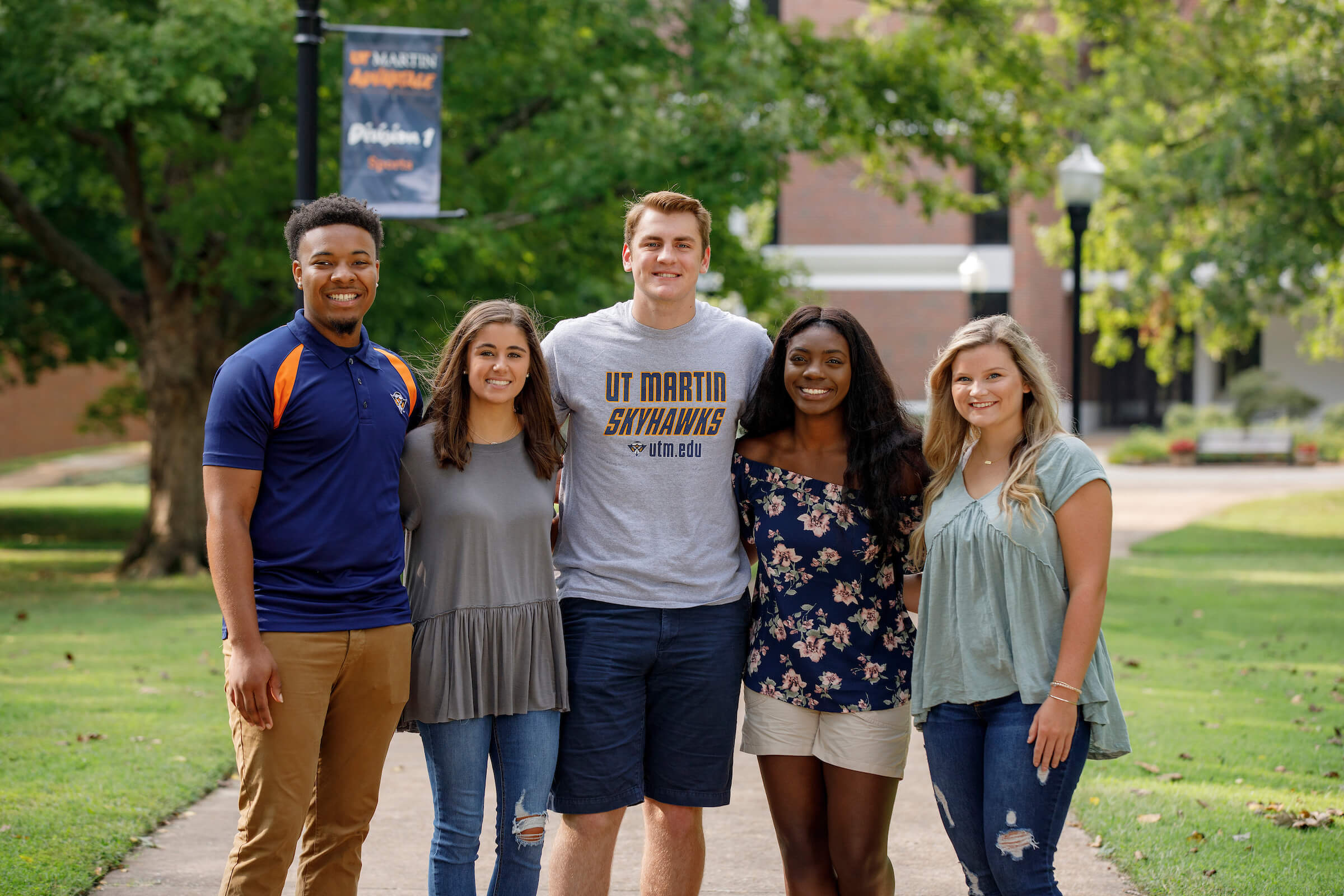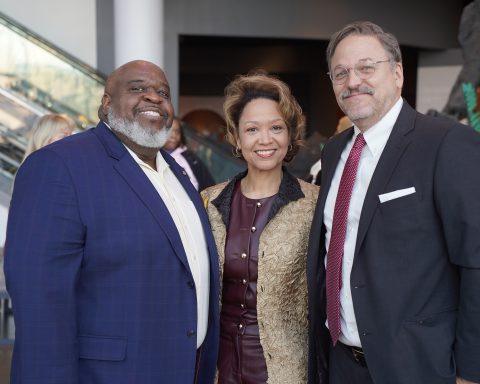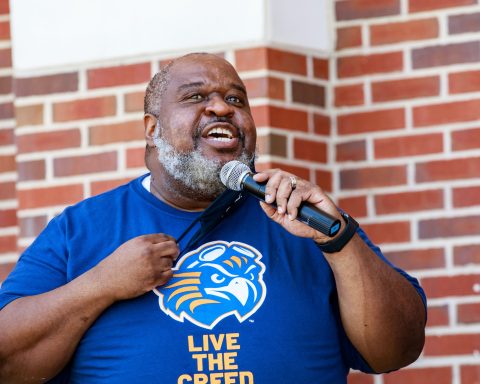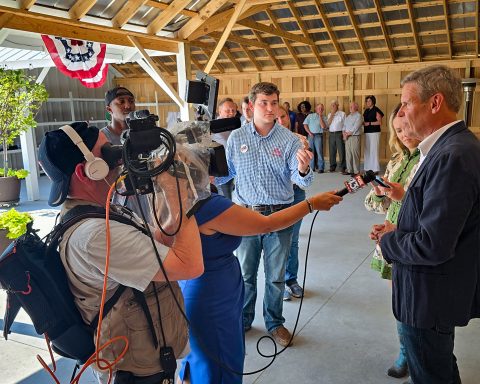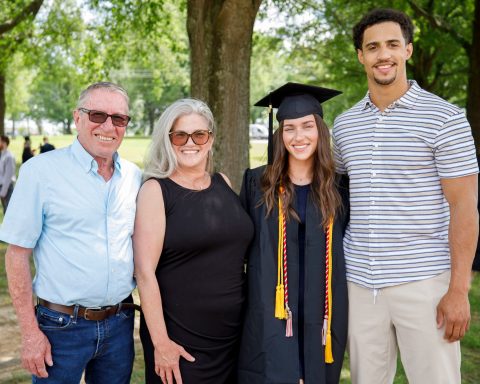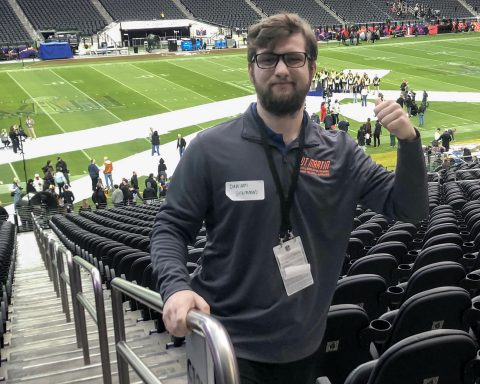MARTIN, Tenn. – A chance internship has given Hope Richardson, of Linden, a foothold in what could soon become a multi-billion-dollar industry.
Richardson, a sophomore at the University of Tennessee at Martin, spent part of the summer as a primary grower for Heaven Sent Hemp, a subsidiary of Phytotherapy Research Labs. The experience not only applied her classroom knowledge of plant science and entomology to the real world, it also taught her the value of the hemp plant and the differences between hemp and its cousin, marijuana.
“Many people are afraid of hemp. They think it’s the same as marijuana, but it isn’t,” she said. While the two plants are part of the cannabis family, they contain significantly different quantities of THC – the high-producing component of marijuana – and are used for very different purposes.
While marijuana is primarily used as a mood-altering drug, hemp is grown for its oil, used in pain medications, and its fiber, which can be used to make clothing, rope, livestock feed and even as an organic construction material. Hemp contains less than 0.3 percent (per dry weight) of THC and cannot produce a “high,” whereas marijuana can contain up to 30 percent THC.
Richardson believes the plant could become the next big cash crop in America.
“Twenty years ago, we didn’t use soybeans in all the things that we do now. We didn’t see all of their potential. Hemp, I believe, is the same,” she said. And she’s not alone. According to Business Insider, hemp production in the United States soared in 2017, and the number of acres used to produce hemp increased 140 percent from 2016 to 2017. The business website says the national hemp market is set to hit $1.65 billion by 2021.
Her duties as primary grower included the typical tasks of planting and watering more than 9,000 young plants as well as adding appropriate nutrients to their water source. However, she also spent time catching and cataloging bugs and researching organic solutions to combat insects in the growing area.
“There was so much more to it than just keeping a plant alive. You had to keep the bugs off of them, and there were nutrient deficiencies you had to be able to recognize,” she said. “Bugs were a huge deal…. Our first problem was with russet mites. … They’ll make your plant shrivel up. … The next-biggest problem was caterpillars. I went up one day to check on my plants, and I had lost three or four trays. And there are 72 plants in a tray. (The caterpillars) had eaten every stalk desolate of leaves.”
Taking this internship early in her college years also helped Richardson solidify a love for plant science and reassured her that she’s on the right path to join a career field she will enjoy.
“(This internship) really helped me figure out that I wanted to be in plant science over animal science. … I want to switch out some science (classes) that I don’t necessarily have to have in my major with more plant sciences, more horticulture and stuff like that, to get a deeper understanding on the plant science side of things,” she said. “I’ve always loved agriculture, and I always loved farms and plants, but I never had a chance to exercise that love. UT Martin has helped me do that with my classes and a lot of hands-on labs that I’ve had.”
Richardson hopes to work with the UT Extension network and focus on consumer education for adults after graduation from UT Martin. She also plans to keep her options with the hemp industry open and take an opportunity to help educate the region on the crop’s benefits.
Richardson is currently studying agricultural education and plans to graduate in 2021.
###


